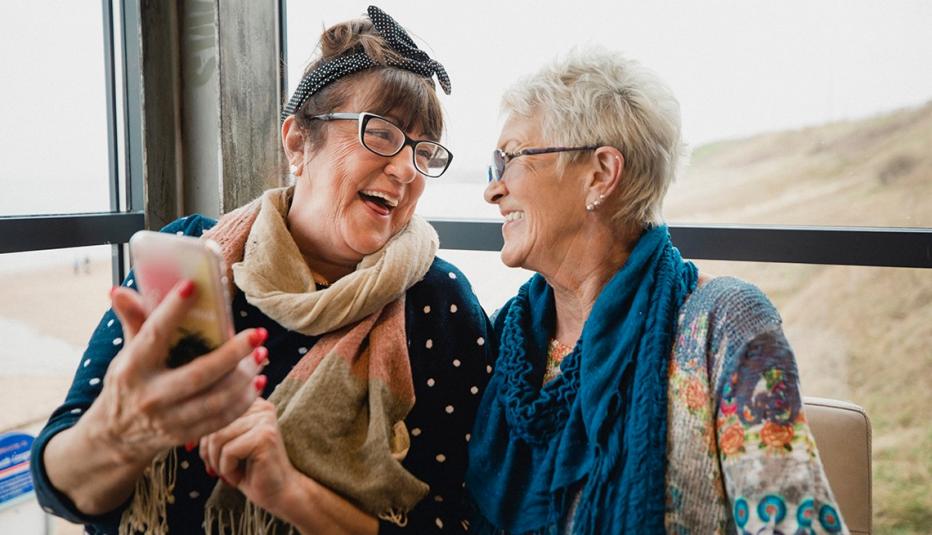AARP Hearing Center
According to new findings from the Harvard Study of Adult Development, the key to a long and happy life is achieving social fitness, where relationships in one's life are healthy, balanced, and of high quality. In conflict with this goal, over the past 20 years social connections have been declining in the U.S., and the COVID-19 pandemic has accelerated these declines. Further, the U.S. Surgeon General recently issued an advisory on the devastating impact of the loneliness epidemic.


Key Findings
- A great number of older adults say that friendships are now more important to them than they were before the pandemic.
- Making new friends is difficult for a multitude of older adults.
- For those older adults with friendships, some find that maintaining them is challenging.
- Most older adults have at least one intergenerational friendship, and a small portion say they now have more intergenerational friends than they did prepandemic.
Methodology
This online and telephone-based survey was administered to a nationally representative set of 1,012 adults ages 50 and older in April 2023 via the Foresight 50+ Consumer Omnibus Survey.
For more information, please contact Vicki Levy at vlevy@aarp.org. For media inquiries, please contact External Relations at media@aarp.org.



























































